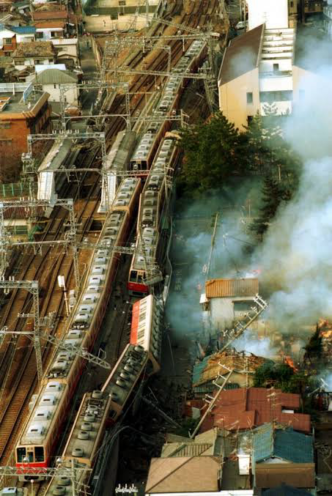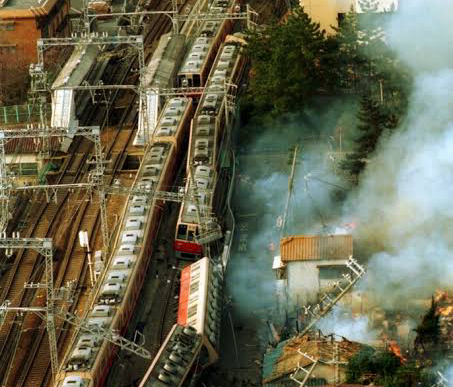Japan is once again in the spotlight for its uncompromising stance on cannabis-derived products, as a police investigation into former Suntory Holdings Chairman and CEO Takeshi Niinami underscores the country’s exceptionally strict regulations on cannabidiol (CBD) and tetrahydrocannabinol (THC).
At the center of the probe is a supplement allegedly imported by another individual, which is said to contain THC — the psychoactive compound in cannabis that produces the “high” commonly associated with marijuana. While CBD, another major cannabinoid, is not psychoactive and is widely sold in countries such as the United States and across Europe, Japan enforces one of the strictest global standards, banning products if they contain even trace levels of THC.
CBD vs. THC in Japan
Cannabis plants contain two key substances:
- Tetrahydrocannabinol (THC) — illegal in Japan if present in any measurable amount.
- Cannabidiol (CBD) — permitted, but only if completely free of THC.
This “zero tolerance” approach makes Japan one of the toughest markets for CBD products in the world. Even in regions with conservative drug laws, regulations often allow CBD items with minimal THC content — a threshold Japan does not recognize.
Gray Areas and Growing Scrutiny
The Niinami case has highlighted the regulatory gray areas surrounding CBD products in Japan, particularly with supplements and imports. Despite the global boom in CBD wellness products, ranging from oils to cosmetics, Japanese law leaves little room for error: any THC detection renders the product illegal.
Authorities say the strict stance is aimed at preventing recreational cannabis use from gaining a foothold in the country. However, industry experts note that the approach creates challenges for companies and consumers navigating the fine line between legal CBD products and banned substances.
A Market Under Watch
As CBD continues to expand globally, Japan’s stance positions it as one of the most challenging regulatory environments. With growing public awareness and international trade pressures, the debate over whether Japan’s standards are too rigid — or necessary for safety — is likely to continue.
Source:

















